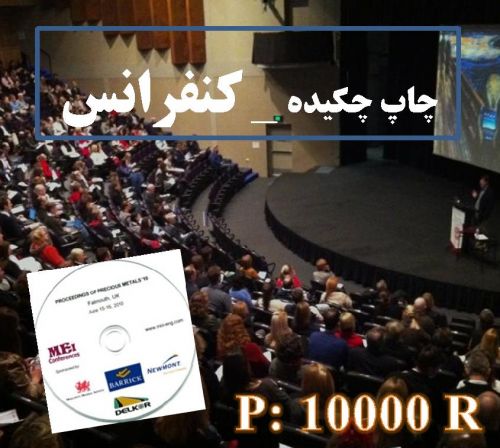BACKGROUND: Due to increasing recognition of the importance of death anxiety for understanding human nature, it is important that researchers who investigate death anxiety have reliable and valid methodology to measure. The purpose of this study was to evaluate the validity and reliability of the Persian version of Templer Death Anxiety Scale (TDAS) in family caregivers of cancer patients. MATERIALS AND METHODS: A sample of 326 caregivers of cancer patients completed a 15-item questionnaire. Principal components analysis (PCA) followed by a varimax rotation was used to assess factor structure of the DAS. The construct validity of the scale was assessed using exploratory and confirmatory factor analyses. Convergent and discriminant validity were also examined. Reliability was assessed with Cronbach's alpha coefficients and construction reliability. RESULTS: Based on the results of the PCA and consideration of the meaning of our items, a three-factor solution, explaining 60.38% of the variance, was identified. A confirmatory factor analysis (CFA) then supported the adequacy of the three-domain structure of the DAS. Goodness-of-fit indices showed an acceptable fit overall with the full model {?(2)(df) = 262.32 (61), ?(2)/df = 2.04 [adjusted goodness of fit index (AGFI) = 0.922, parsimonious comparative fit index (PCFI) = 0.703, normed fit Index (NFI) = 0.912, CMIN/DF = 2.048, root mean square error of approximation (RMSEA) = 0.055]}. Convergent and discriminant validity were shown with construct fulfilled. The Cronbach's alpha and construct reliability were greater than 0.70. CONCLUSIONS: The findings show that the Persian version of the TDAS has a three-factor structure and acceptable validity and reliability.
کلید واژگان :Cancer; caregiver; death anxiety; reliability; validity
ارزش ریالی : 200000 ریال
با پرداخت الکترونیک
جزئیات مقاله
- کد شناسه : 7148507074255722
- سال انتشار : 2016
- نوع مقاله : چکیده مقاله پذیرفته شده در کنفرانس ها(فایل کامل مقاله بارگزاری گردد)
- زبان : انگلیسی
- محل پذیرش : The first International Clinical Oncology Congress
- برگزار کنندگان : ????? ???????? ??????? ?????
- تاریخ ثبت : 1395/11/03 11:09:02
- ثبت کننده : سید حمید شریف نیا
- تعداد بازدید : 340
- تعداد فروش : 0
